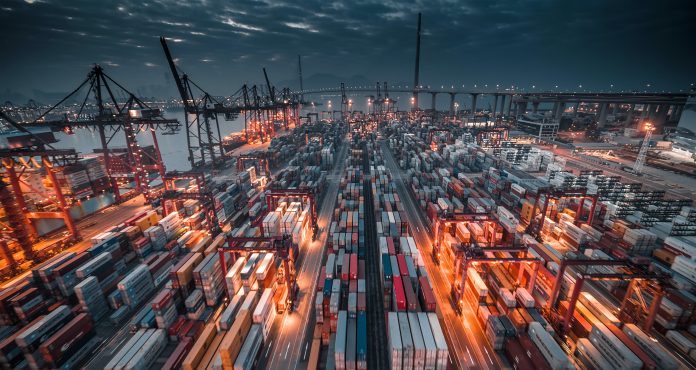
The limited increase in ship supply driven by the new International Maritime Organization (IMO) regulations is expected to contribute to the recovery of the shipping freight market in the medium and long term, according to S&P Global Market Intelligence.
The analysis shows that while freight rates are expected to return to the pre-pandemic level in 2023, limited active supply growth driven by regulations (demolitions and speed) will likely help the market to recover from 2024 onwards.
“Freight rates may return to the pre-pandemic level in 2023 with absence of congestion and weaker economic condition. However, limited active supply growth driven by regulations, which will lead to vessel demolitions and speed reduction, may help the market to recover in 2024 onwards,” commented Daejin Lee, lead shipping analyst at S&P Global Market Intelligence.
The organisation notes that the container sector is expected to face pressure from the supply side due to heavy investment in newbuildings, while fresh new contracts are limited in other sectors, including the dry bulker and tanker.
In addition, newbuilding contracts in 2021 reached the highest since 2015 mainly with container vessels but remained lower than the shipbuilding boom period during the 2000s.
S&P Global Market Intelligence said that fresh contracts were limited in the current year due to high prices and limited yard capacity in top-tier yards while many owners took the options of existing contracts for much lower contract prices.
According to the analysis, gas has been a preferred choice for alternative fuel, while methanol (green fuel) started to gain attraction recently, mostly from the container sector.
The Efficiency Existing Ship Index (EEXI) is a design requirement for existing ships. Many vessels will go for Engine Power Limitation (EPL), and maximum and operating speed are expected to be reduced.
Furthermore, the Carbon Intensity Indicator (CII) regulation, which will be assessed yearly with stricter emission limits, will start to reduce sailing speed from 2024 and the impact may become significant in scrap activities from 2025 onwards with favorable age profile.
The CII’s rating issue is to incentivise higher demurrage to reduce idling time and prevent further upside risk in congestion in coming years, according to S&P Global Market Intelligence, which noted that while a significant drop in freight rates with high bunker prices has already reduced sailing speed, EEXI-EPL will prevent potential speed recovery.
Daejin Lee pointed out that “since 95% of vessels in service are still using conventional fossil fuel, with IMO’s CII regulation, many vessels will end up scrapped earlier than normal historical lifespan of vessels, which will support freight market in the medium and long term.”








